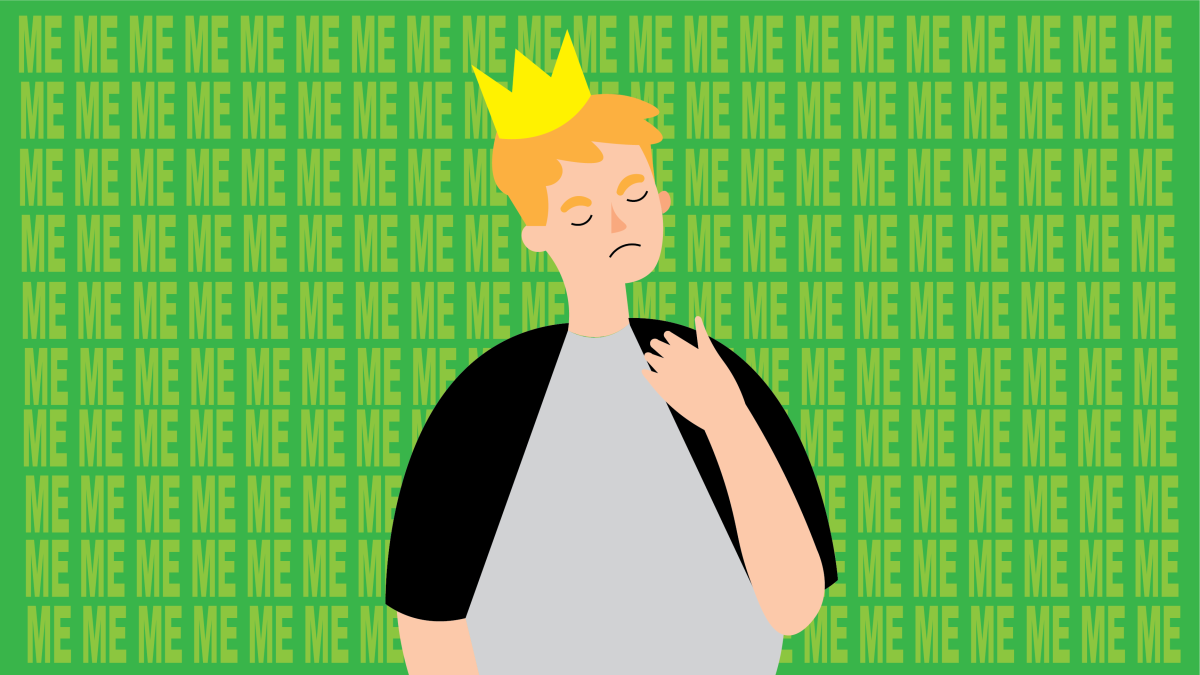To feel selfishness is one of the most natural feelings a human being can have.
But despite it being such a natural instinct, it’s often suppressed. Everyone has a natural tendency to act selfishly but they’re taught to just ignore it. Ignoring oneself can cause boundary issues, self-esteem issues and confidence issues later in adulthood.
Since childhood, we’re taught to include everyone and show kindness, regardless of the circumstances.
If this mindset is followed verbatim, it can harm us in the long run.
Imagine this: You’re going to have a small birthday party with your friends, but your teacher instructs you to provide invitations for everyone, even though you aren’t friends with everyone.
If you don’t invite everyone, you’ll be deemed selfish and unkind.
But that isn’t necessarily so. Children should be taught from a young age that sometimes it’s okay to have boundaries and prioritize what they want.
Teaching children that being selfish is wrong, no matter the circumstances, stunts their growth emotionally and might unintentionally teach them it’s okay to do things they aren’t comfortable with.
Today’s young adults are often praised and encouraged to set their boundaries, but it can be difficult for those who weren’t taught or allowed to maintain their own boundaries growing up.
Being selfish is an important skill to have while navigating life, and it’s especially important when it comes to navigating relationships. Being selfish in a relationship is important whether the relationship is platonic, professional or even romantic.
It’s important to voice your feelings, needs and wants without fear of appearing selfish. It isn’t selfish to stand up for yourself and that is where some confusion starts: Many equate being selfish with being mean or inconsiderate. If we aren’t selfish about ourselves, we’re essentially letting ourselves down.
You’ll be torturing yourself every time you aren’t selfish about a situation that could potentially affect you negatively. At the end of the day, you’ll be letting yourself down when that happens. You won’t have anyone to blame but yourself.
As harsh as that sounds, it should be said because we’ll end up angry with ourselves knowing that we could’ve been happier if we’d acted in our own “selfish” interests.
Being selfish in this way may be parallel to self-esteem issues because if your self-esteem is low, how could you possibly be selfish or stand up for yourself when you need to?
Maybe you don’t have enough confidence and self-respect required to even be a little selfish.
Being selfish in certain social situations is acceptable and shouldn’t always be reprimanded.
Sometimes selfish happiness is what’s best for us, and sometimes what’s best for us might actually be what’s best for everyone else.
Lindsay Bickham is a 19-year-old mass communication freshman from New Orleans.






